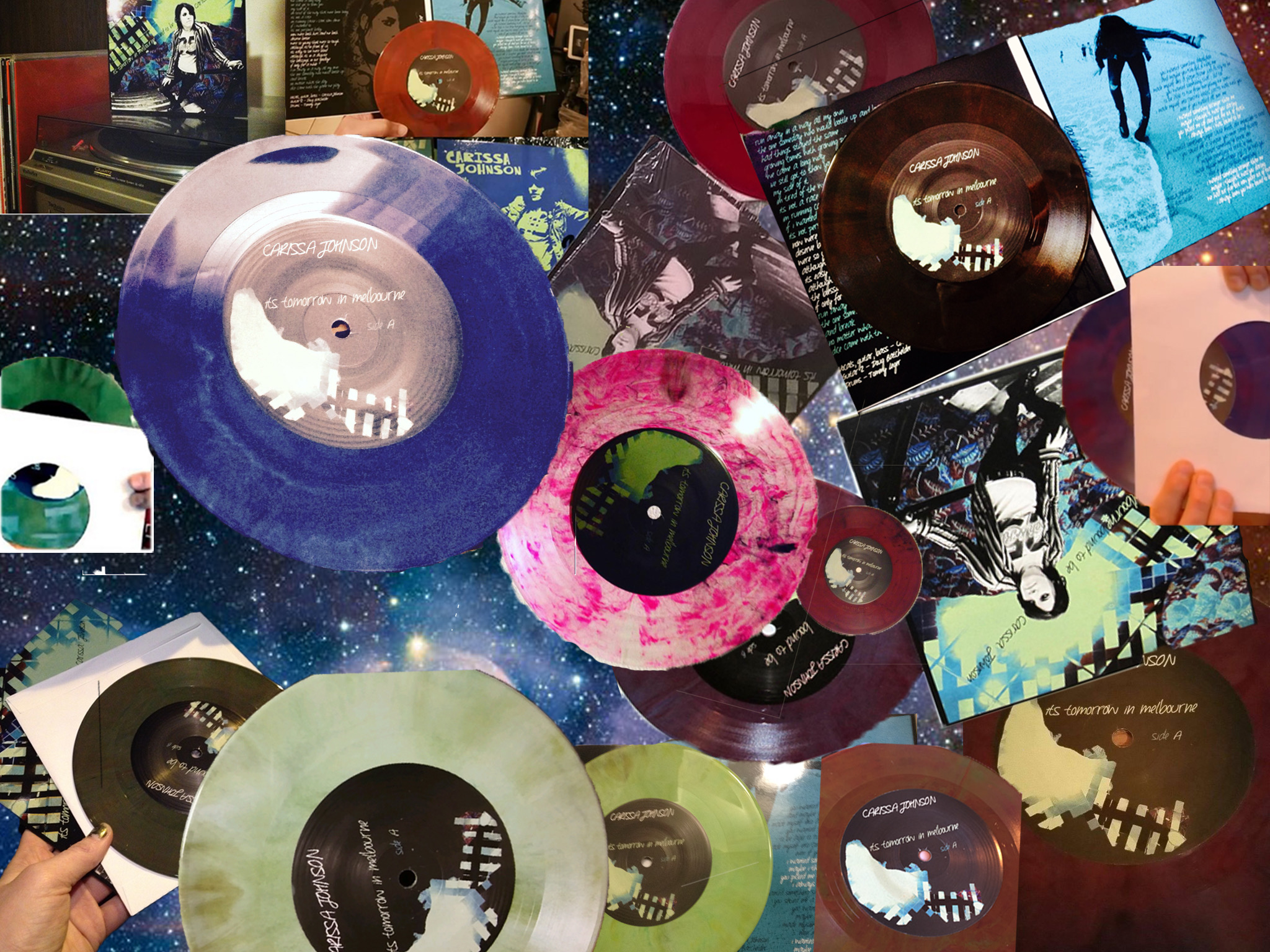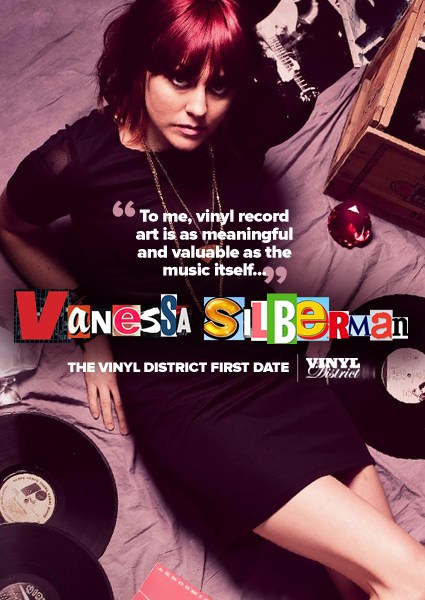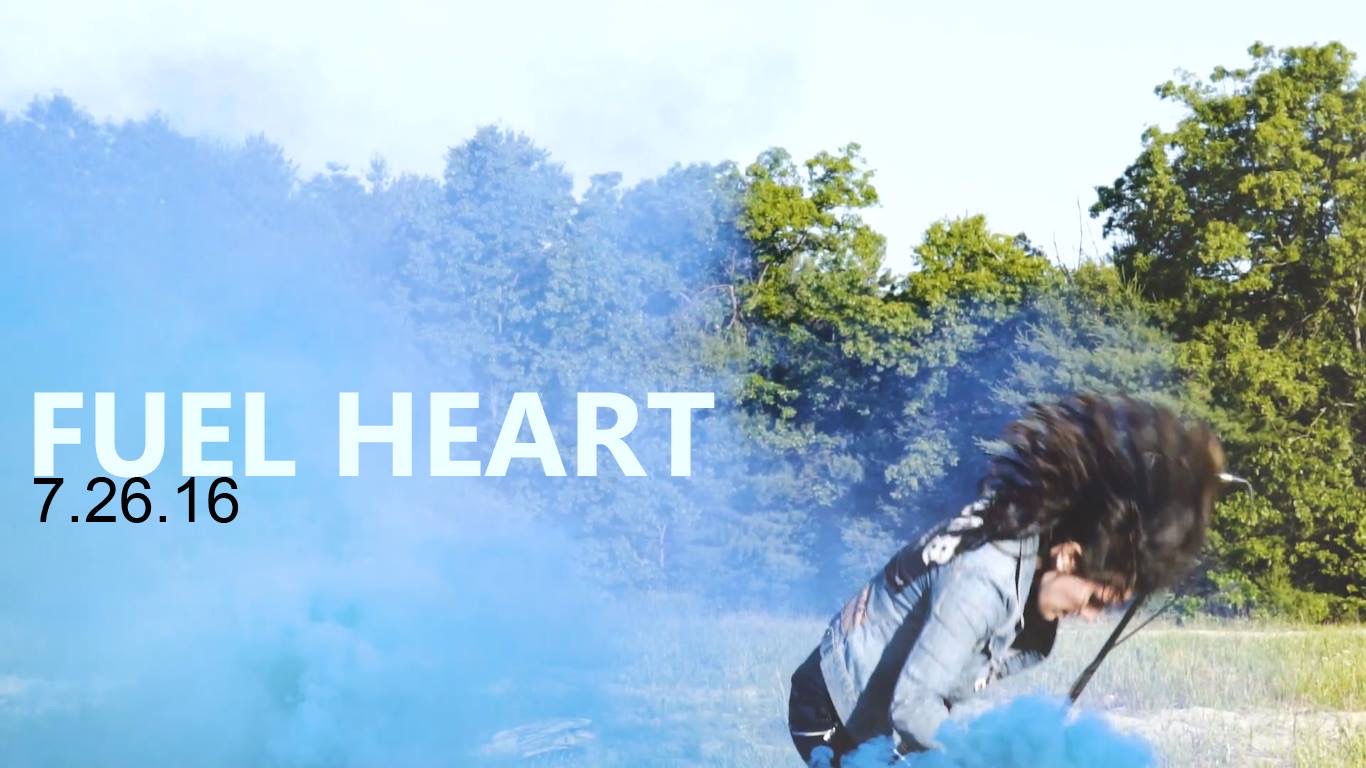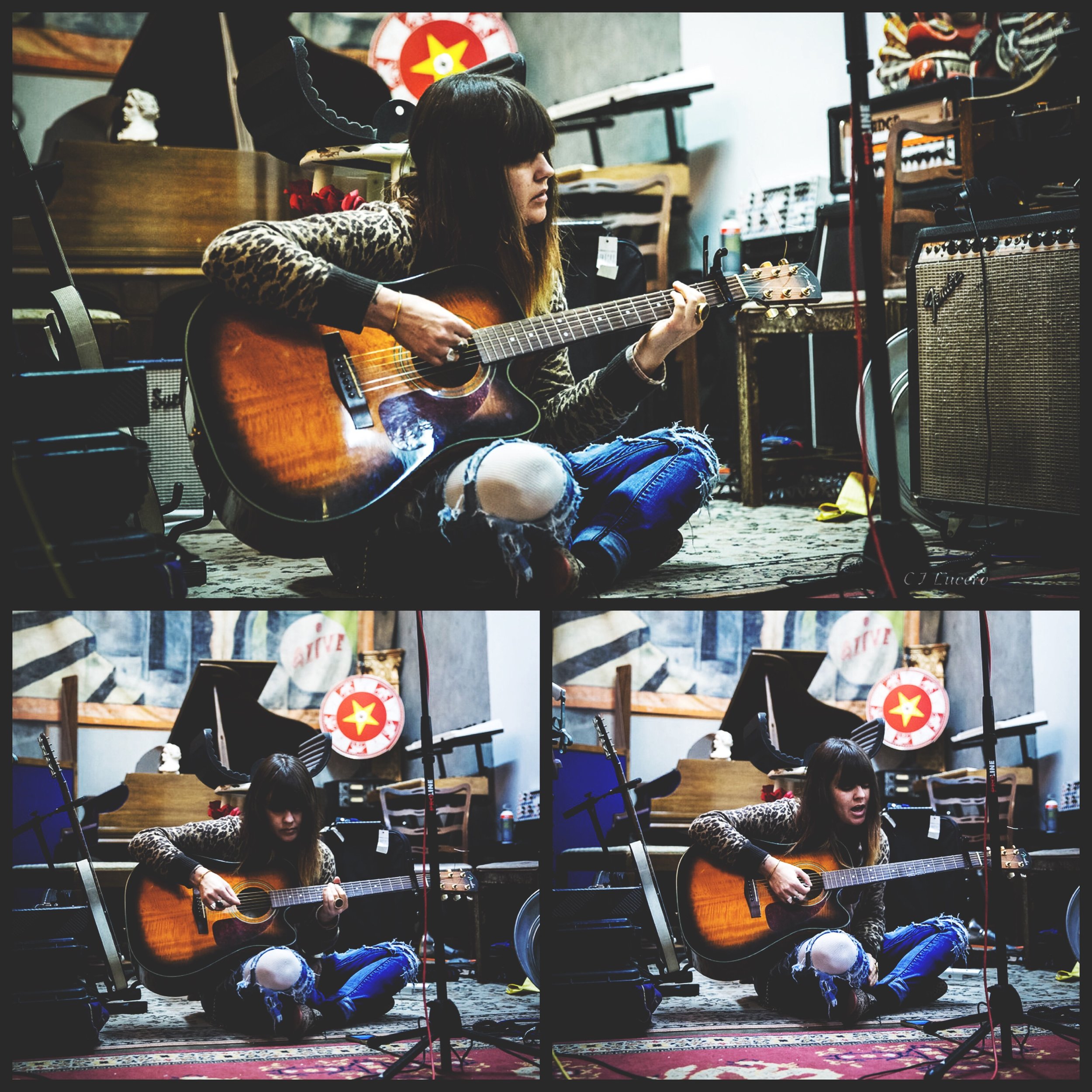Before you even consider going on the road touring, you might want to consider asking yourself who are you and what is your product? Aside from your amazing live show, what are you supporting? What is the product you’re selling? If you want to expand your fanbase and your connection to them - both show goers and fans on social media, you will want to have something to sell that they can buy. Once you start touring it’s going to be a MUST - especially because selling your merch product will help pay and sustain your life on the road. Your merch is so important!
Merch is the music recorded onto CDs, vinyl, or cassettes that represent your brand. It’s download cards, t-shirts with your band or name, buttons, stickers and other thoughtful items with your art and logo. Things that someone who enjoys your music would want to purchase and bring home with them. At shows there will usually always (with the exception of some benefit shows) be a spot for you to sell your merch. If there isn’t, bring a table and make your own! Or at the venue ask someone who works there where you can set up your merch.
When it comes to creating merch, think about what would make the most sense for your band to sell. Do you have songs and have they been recorded? Putting them into a physical form would probably generate sales! Along with having your music easily accessible for sale in the digital form online (via digital distribution that can be released through Tunecore or CDBaby or http://Bandcamp.com for example). Shirts are another important part of merch displays as people love wearing them and buying new ones. Sometimes even if a person doesn’t know your music but the design is cool and it translates to them, they will buy it! If you have a band logo or image that represents your music, or even a saying, or a drawing, consider putting this on your product. You can screenprint, find local shirt printing companies, or even paint your own that you can sell (suggested price is somewhere between $10 and $20). You can even look into wholesale shirt companies to buy them in bulk at a cheaper price per unit.
*tip: the fashion / merchandise districts in cities often have wholesale t-shirt businesses. They might even work with local screen printers too, that they can put you intouch! Even consider going to thrift stores & getting cheap one-off tees & printing on them.
Think of some clever items that you could sell that wouldn’t be necessarily expected. Sometimes this can generate a lot of interest from people stopping by your merch table. Think: necklaces, bracelets, lighters, scarves, bigger buttons, patches, bags, sunglasses, hats, one of kind jackets etc.
*Tip: It is also helpful to have some form of merch that everyone can grab for free - in most cases this is either a sticker or a small button. These items don’t cost too much money to make, and everyone loves something free.
Once you’ve got a few physical merch items to sell, consider making an online merch store so people can order products online and have them shipped when there not able to make it to your shows. This is not difficult to set up!
*Tip: Squarespace.com offers great sites that you can customize and add a commerce section to. Facebook also offers a section on Music Pages and there are also a lot of other independent companies where you can sell merch. Once you have a site displaying your products, making posts about your online store can generate more sales and interest. Making one of kind or limited edition merch items can also get people excited to buy something that is unique and rare!
Helpful Tips:
-cost of a one color design t-shirt run of 32-40 shirts could cost you between $250-300. Sometimes there’s an additional screen fee for t-shirts added in the cost or on top of costs usually running $15-30
-cost of vinyl could run 200 LPs for close to $2000 & cost of 100 tapes could cost close to $200
-Some suggested for sale pricing (depending on design & cost to make): Buttons ($1-$5), Stickers (free or $1-5), CDS ($5-15), Tapes ($5-10), Vinyl ($20-30), 7” ($5-10), One of kind items $25-100 (like a jacket or bag), patches ($1-5)
⁃Keep your merch in line with your image, colors, and sound
⁃Keep an inventory of your merch so you know what you have and if you’ll need more
⁃Make note of the most popular items, and restock once it gets low
⁃When you’re setting up merch at a show, keep in mind other bands have merch too, so don’t take up all the space!
⁃Don’t be afraid to push your merch - at the end of the day, merch is what fuels and funds a lot of bands
⁃Don’t always go the cheapest way out if you don’t have to - invest in quality shirts and items, and people will be more likely interested
⁃Charge more than what it costs you to make the merch
⁃Keep the merch organized and know where everything is, where each size shirt is, so it makes selling quicker and easier
⁃Don’t leave vinyl in a hot car! They WILL warp
⁃If your vinyl does warp, consider making arts and crafts with it that you can sell (clocks, bowls, hats, be creative!)
⁃http://www.printrunner.com & http://www.stickerguy.com are great and cheap for quality stickers in bulk of various sizes and shapes
-http://www.halfpricebuttons.com offers great custom button
-http://www.hollywooddisc.com offers great pricing on CD manufacturing
-http://www.rainborecords.com for vinyl
-Bringing your own lights or lamps for your merch display is always a good idea! (wireless is always easier)















